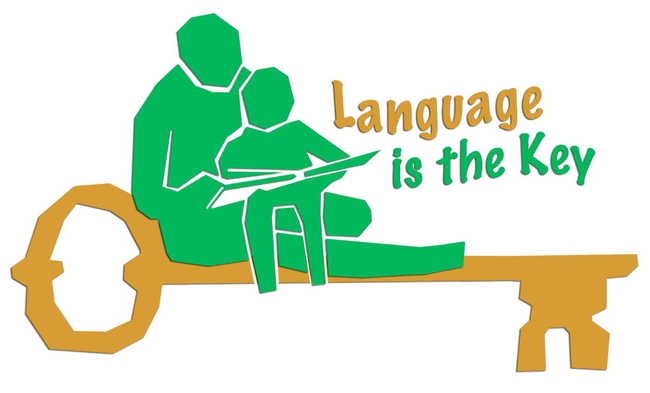Limit the Language - Limit the Humanity
A society that guarantees freedom of expression will turn out to be a fertile ground that yields scientific achievements, philosophical values and thereby the progress of humanity. Language is the tool through which the innovation attains its shape. Therefore, ensuring the freedom to learn and use languages is the most important step towards ensuring freedom of expression.
Today (January 25, 2015) marks the 50th anniversary of the Anti-Hindi Agitation-1965 -a student protest in Tamilnadu (India) against the imposition of Hindi by the then central government that led to the loss of more than sixty civilian lives, most of whom were students. The protest subsided on the central government’s assurance that English will continue as one of its official languages.
Unfortunately, to date, the lesson has not been learnt by both the central and state governments. They continue to impose language(s) on linguistic minorities. Absence of interpreters for most of the 22 scheduled languages in the parliament and limited opportunity to write civil service examinations in mother-tongue shows the neglect of linguistic minorities by the central government. Moreover, the use of languages in central government institutions is quite artificial. For instance, one can see the languages used in nationalized banks and post offices as opposed to private banks and courier offices. It does not amount to imposition but it is quite against the logic.
The present government headed by the “Crusader of Federalism (or fascism?)” crusader and “icon of modern (brain-washed?) youth”, Narendra Modi, instead of ensuring equality of all languages, suggested the usage of Hindi in social media without mentioning anything about usage of other Indian languages. Such actions would only hurt the freedom of using the language of choice.
Indian states are no better in this regard. Tamilnadu has been criticizing any move by the central government against linguistic freedom. People in Tamilnadu were free to choose between Tamil and English medium schools (other languages as medium of instruction were also allowed in certain schools). Until 1990s, Students could even choose a second language of their choice. But now, Tamil is mandatory in all schools. This has caused difficulty among linguistic minorities within the states as well as immigrants. This has been the case with Hindi speaking states for long. But, Tamilnadu, known for it being a crusader of social and linguistic rights through Dravidian movement, has failed to ensure the rights of new linguistic minorities.
In another instance, Karnataka, in 1994, legislated a law mandating Kannada as a medium of instruction in primary school level. It was rightly intended to ensure strong basic education for kids but failed to address growing aspiration for English education. Though it was not practically implemented, supreme court scrapped it saying it was an imposition of Kannada to its linguistic minority. To extend the supreme court verdict further, I believe that the centre or any state cannot impose its language on its minority.
In the midst of all these language politics, one language thrives against all odds - English. The Indian government, after independence, planned to phase out English in 15 years time (by 26 January 1965). It was unsuccessful. Ironically, English is the only language that is taught in all Indian schools either as a second language or as a medium of instruction. Unlike many people think, English in India does not threaten at least the major Indian languages. The only negative effect of English is that it is viewed as a status symbol. It has to end through providing quality English language training universally
To sum up, just as the right to education having been guaranteed by our legislation, the different routes (languages) to attain wisdom must be recognized and ensured. For this, the centre must recognize all major languages spoken in India as official languages.
